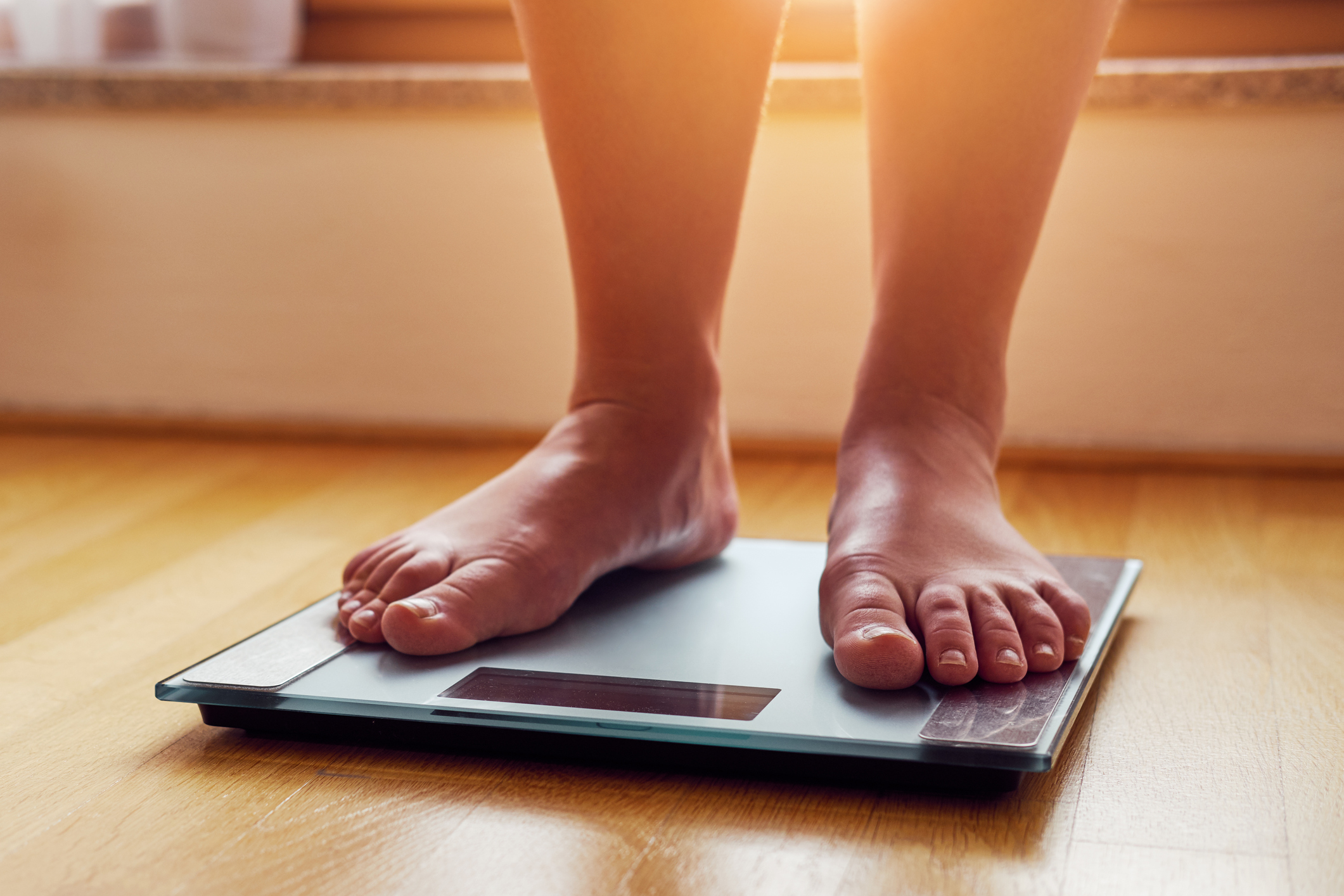In middle and older age it can become a struggle to keep weight off for men and women alike, however abrupt weight loss in older age can precede health problems. A recent study of women over age 65 found that sudden or moderate weight loss in older age is linked with an increased risk of hip fracture, poorer physical function and poorer general overall health.
Research, published in the Journal of the American Geriatrics Society, evaluated information gathered from the 20-year Study of Osteoporotic Fractures and found that every 22 pounds of weight loss over 20 years was linked with a 23 per cent increased risk of death and a 52 per cent increased risk of hip fracture. Moderate weight loss (20 pounds or more) among older women also increased the risk for death by 74 per cent and this group was 4 times more likely to have poor physical function.
Why is weight loss in older age, especially after 80, so common? Elderly adults’ sense of taste and smell changes with age and as a result, seniors may lose interest in food. Eating is a social activity and older adults who live alone or take their meals in their rooms may suffer loneliness, depression and isolation which contributes to a general disinterest in diet and good nutrition. The digestive system may also have difficulty absorbing nutrients effectively in older age.
According to the UK’s National Health Services, being underweight as you get older increases the risk for bone fracture from a fall, a weakened immune system and being deficient in important nutrients. By eating smaller, more frequent nutrient-dense meals, seniors can improve their overall health. Avoid empty calorie foods like soda, chip and sweets. Making meals a social time by joining a lunch club or having meals delivered may also improve eating habits.
Being active in older age not only keeps your heart healthy and lowers the risk for heart disease and stroke, physical activity can also boost appetite. Adults over 65 should get at least 150 minutes of moderate aerobic activity each week such as brisk walking or cycling and two days of strength training exercise that works all the major muscle groups.
For more information about healthy ways to keep weight on in older age visit the Mayo Clinic website here.






Add Your Voice
0 Comments
Join the Discussion